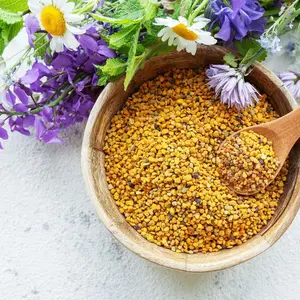

Integrative Health and Wellness

Integrative Health and Wellness
Vaginal Microbiome Affects Women’s Health and Well-Being
Often overlooked, the vaginal microbiome is a critical aspect of women’s health, affecting sexuality, fertility, infant health, and overall well-being. Much more is known about the balance of bacteria, yeast, and fungi in the gut, yet some of the most common ailments that bring women to their doctors are related to imbalances in the vaginal flora.
The vaginal ecosystem consists of unique bacteria, yeast, and fungi. These comprise the vaginal microbiome, which is influenced by age, diet, environment, hormones, and genetics. Healthy women have high amounts of lactobacilli, which keep the environment acidic so harmful bacteria can’t overgrow. Environmental factors, hormonal triggers, and lifestyle can cause vaginal imbalance, leading to yeast infections or bacterial vaginosis, which is associated with urinary tract infections, increased risk of infertility, fallopian tube inflammation, adverse pregnancy outcomes, preterm birth, and sexually transmitted infections.
Unfortunately, the antibiotics or anti-fungal drugs used to treat vaginal infections disrupt the delicate balance of the vaginal microbiome, leading to recurrent infection. The solution is to rebalance the vaginal flora during and after treatment. Another factor to consider is how birth affects the initial colonization process of the newborn microbiome. As the baby descends through the vagina, it is inoculated with microbes and exposed to healthy or unhealthy vaginal flora. Females born by C-section or exposed to unhealthy bacteria may have issues with vaginal flora if not addressed.
Holistic health practitioners say that teaching women how to support their own healthy vaginal ecosystems can minimize the likelihood of recurrent infections. Drinking plenty of water and using supplements like d-mannose, vitamin C, probiotics, and herbs such as uva ursi and berberine help urinary tract infections heal. Homeopathic suppositories and botanical anti-fungal supplements can also be effective.
Those who have suffered with chronic infections and discomfort are finding relief using holistic methods that replace or complement antibiotics and anti-fungal treatments.
REFERENCES
Schepker, K. (2020, July 7). Balancing the vaginal microbiome: An unmet women’s health need. Holistic Primary Care. https://holisticprimarycare.net/topics/womens-health/balancing-the-vaginal-microbiome-an-unmet-wome…


 By
By







